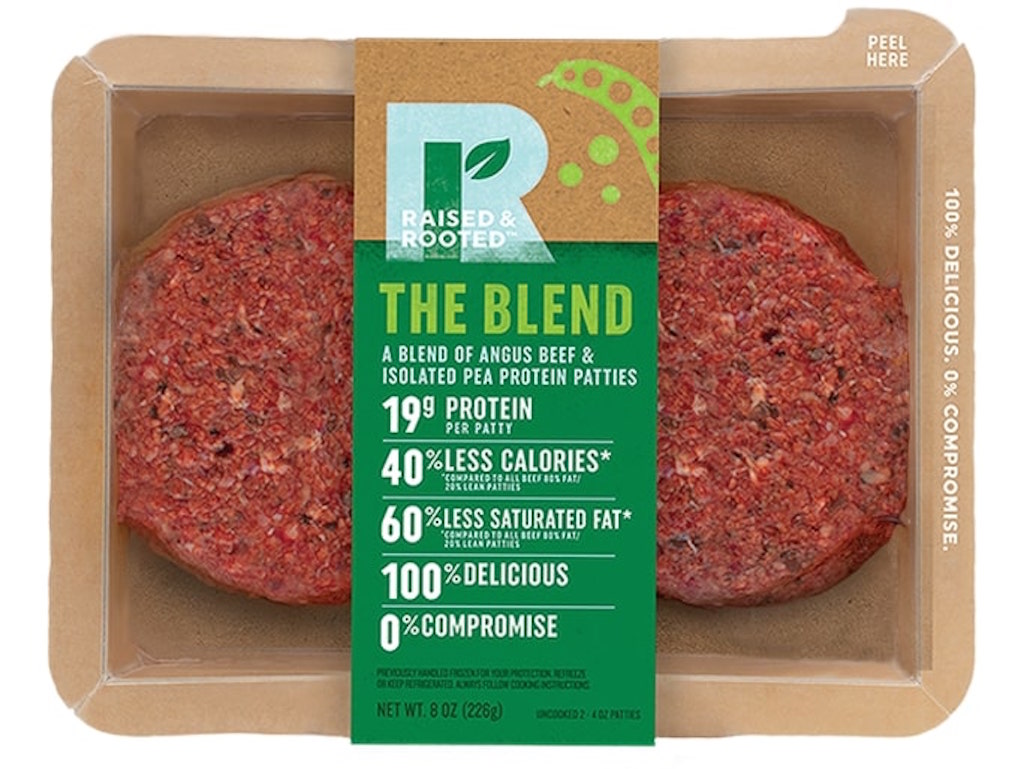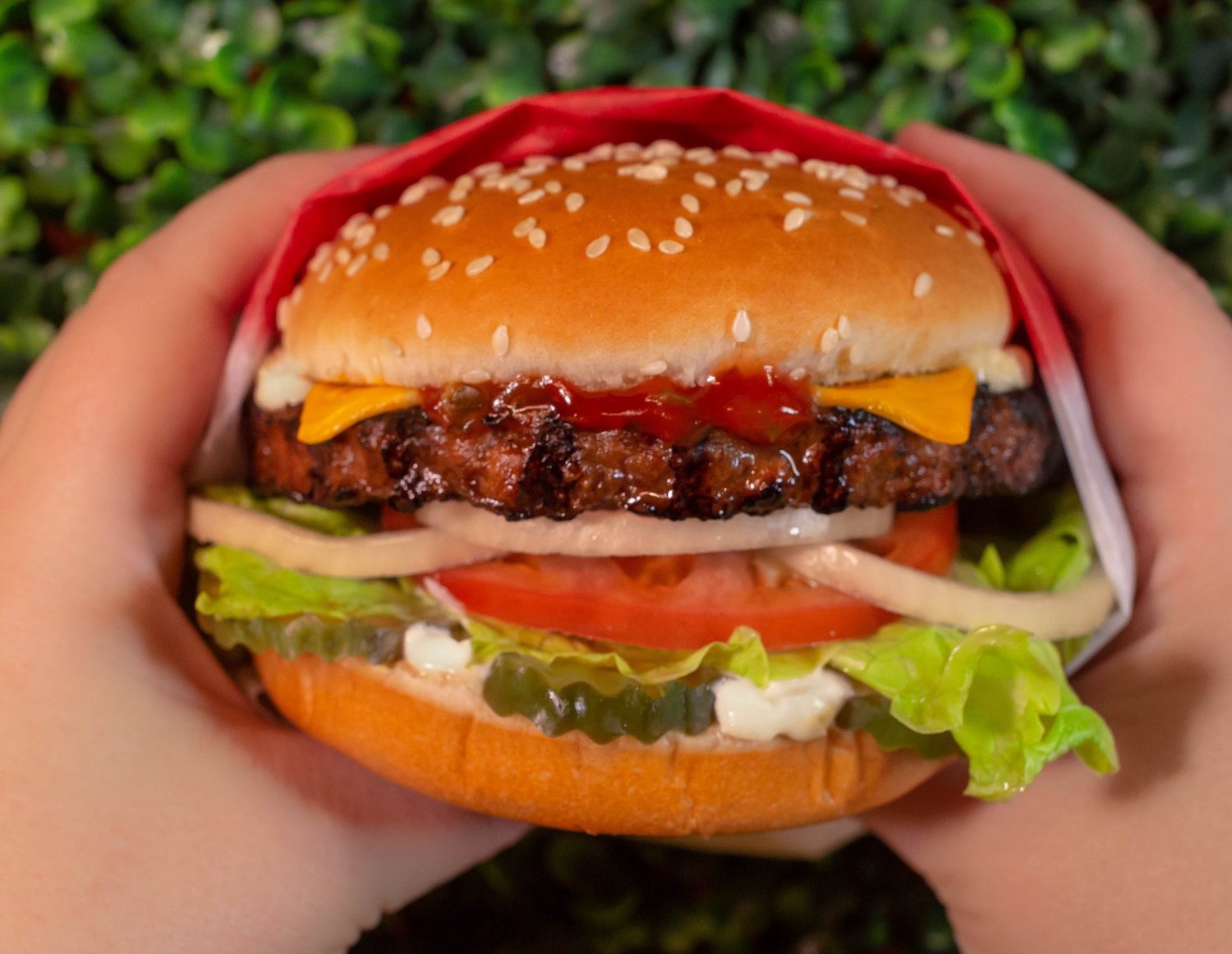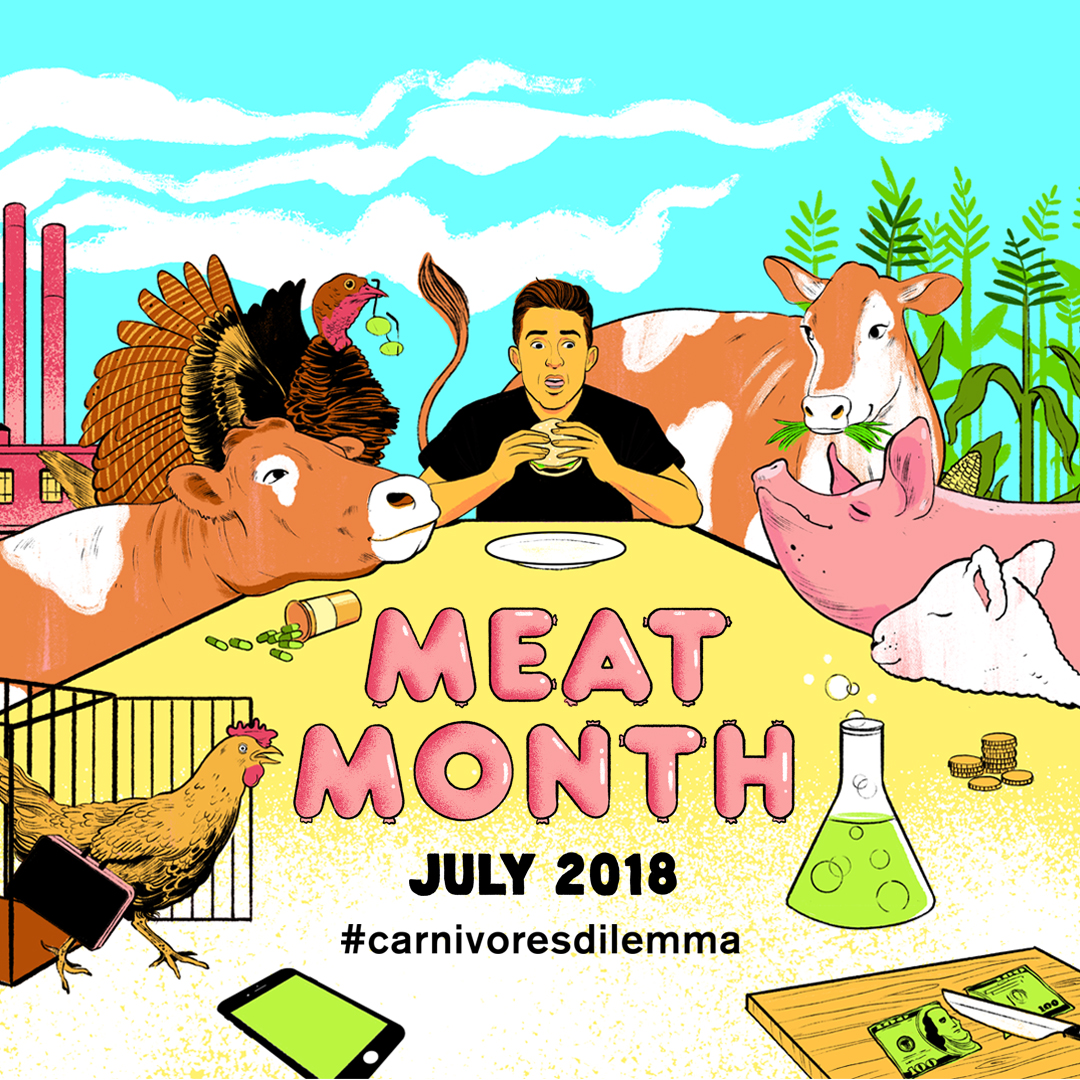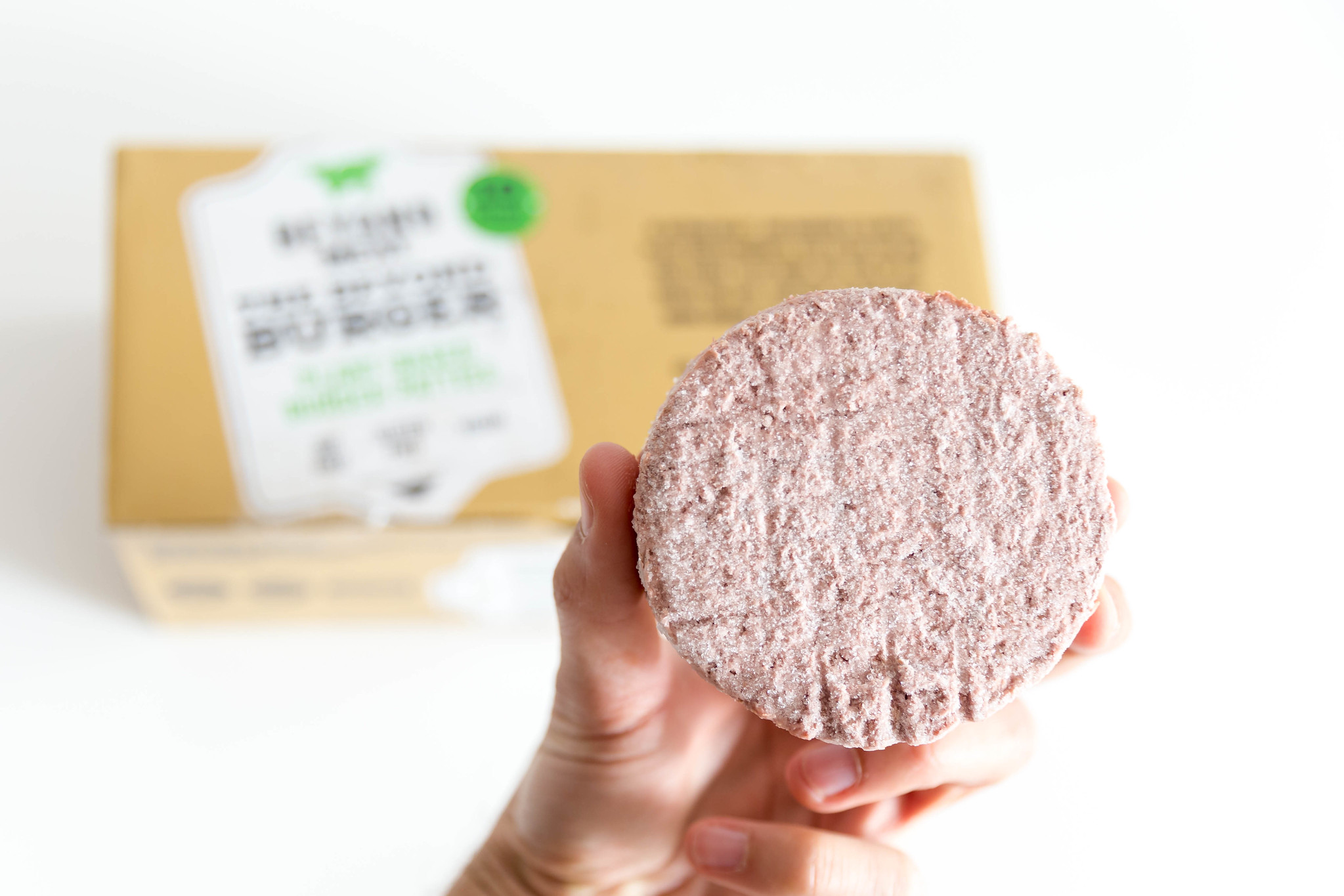
McDonald's
After conducting several years of market research, the chain’s new burger may be the first in an entire line of plant-based offerings.
As a range of fast food chains added alt-meat offerings to their menus throughout 2019 and 2020—including Burger King, Carl’s Jr., Del Taco, and White Castle—McDonald’s had still not joined the fray in the U.S. But on Monday, the world’s largest restaurant chain revealed that it had quietly been preparing for the launch of its own fake meat burger: the “McPlant.”
Judging from comments made by McDonald’s International President Ian Borden on an investor call Monday, the company’s product is already formulated and ready for prime time. McDonald’s only needs to make strategic decisions about where, and when, to roll the McPlant out—a market-testing phase that’s likely to happen as soon as 2021. It later emerged that Beyond Meat will be the company supplying McDonald’s with the McPlant: Beyond “co-created” the patty with McDonald’s, a company spokesman told CNBC.
In remarks that suggested the company has major ambitions in the plant-based space, Borden also said McDonald’s will likely introduce offerings beyond the new burger. Ultimately, he told investors, “McPlant” may refer to an entire alt-meat product line—one that could include offerings like imitation chicken products and breakfast sandwich meat.
“In the same way that McDonald’s does not run its own farms, we will rely on suppliers, the third leg of McDonald’s three-legged stool for production.”
“In the future, McPlant could extend across a line of plant-based products including burgers, chicken-substitutes, and breakfast sandwiches,” Borden said. “And, we expect some markets will test the burger next year. We are excited about the opportunity because we believe we have a proven, delicious-tasting product. When customers are ready for it, we are ready for them.”
Some media outlets initially framed the imminent launch of the McPlant as a loss for Beyond Meat and Impossible Foods, two leading alt-protein companies that have supplied numerous fast food chains with branded fake meat patties. (See Burger King’s “Impossible Whopper” or Carl’s Jr.’s “Beyond BBQ Cheeseburger.”) Indeed, Beyond Meat’s stock price dropped nearly 6 percent on the initial news, then proceeded to reverse its dip after the partnership was announced.
The relationship between two companies makes sense: Beyond had amassed hundreds of millions of dollars in venture capital before it went public in May 2019, a massive spending chest that allowed it to create and roll out an innovative, highly proprietary product. By simply partnering with Beyond, McDonald’s greatly speeds up its own R & D process, and stands poised to enter the market at scale.
“In the same way that McDonald’s does not run its own farms, we will rely on suppliers, the third leg of McDonald’s three-legged stool for production [to produce the McPlant],” a company spokesperson confirmed to The Counter by email, before CNBC’s reporting about Beyond Meat’s role was published.
Beyond Meats also boasts significant name recognition, and has recently entered the supermarket space. By partnering with McDonald’s it potentially gains access to millions of new customers worldwide—though the details of the licensing arrangement between the two companies are currently unclear.
In the past, McDonald’s has worked with at least two companies to test veggie burgers in select markets, including an “Awesome Burger” produced by food multinational Nestle that launched at German McDonald’s locations in 2019, a move that allegedly unnerved Wendy’s and Burger King. McD’s also tested a burger with a standard Beyond Meat patty in Canada earlier this year, and back in 2017, they tried out a “McVegan Burger” in Swedish markets, in partnership with the company Annama.
Beyond Meat and Nestle could not be reached for comment by press time. This is a developing story.





